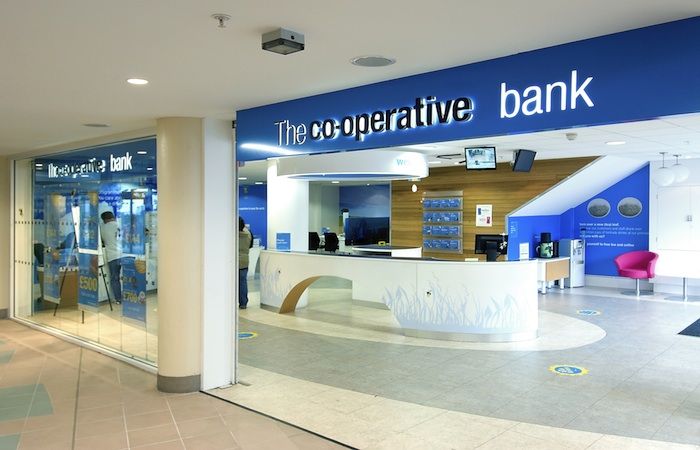
The UK Mortgage Prisoners Action Group say “the unfairness” of their situation for the last decade “is finally being recognised” after the Co-Operative Bank (Co-Op Bank)’s Mortgage Agency Services No.5 (MAS5) loses the judicial review at the high court against the Financial Ombudsman Service (FOS).
In June, the Co-op Bank took a legal challenge against a judicial review at London’s High Court on a customer’s past mortgage interest payments.
The review was to consider whether the Financial Ombudsman Service can investigate a complaint about the fairness of the interest rates that the lender charged customer Gwen Davies.
Co-Op Bank was said to be trying to stop the ombudsman from investigating Davies’ case on the grounds that it is time-barred, according to UK regulatory rules on dispute resolution.
In today’s decision, the FOS found that in order to assess the fairness or otherwise of the interest rates charged by MAS to Davies for the six-year period preceding the date of her complaint, it was necessary to look at the entire history of the rates charged by MAS since Davies was put onto their standard variable rate (SVR) in 2008.
The court found against MAS that FOS were correct to look back at the SVR rates set from 2008 to 2012 as background context for consideration of the fairness of the rates set from 2012 to 2018.
The UK Mortgage Prisoners Action Group says: “Time and again we have asked the Financial Conduct Authority (FCA) and the Conservative government to stop these extortionate SVR rates being charged, to no avail.”
“These rates cripple homeowners and drive families into despair and poverty. It is our view that the court has of course made the correct decision and we can only now hope that the FCA and UK Finance look to make their members implement fairness for the consumer and review the way in which SVRs have been set and charged across the board over the past 13 years in the context of historical low-interest rates.”
“The most vulnerable have been trapped on and charged the highest rates leading to widespread trauma and financial devastation for thousands. Once again, we call for an end to these outlier rates and a cap on the margins.”
“We ask the regulator and government to urgently investigate the rates at which lenders and administrators have set SVRs since the financial crash and to stop the crippling increases still being applied. The excuse of lending costs does not apply to historical pre-crash loans with active and inactive lenders and emphatically not to those held in closed books by non-lenders.”
In a statement, the Co-op Bank says: “MAS5’s claim for judicial review was not about the underlying complaint itself but a challenge to the FOS’s jurisdiction and to the interpretation of the time-barring rules set out in the Financial Conduct Authority Dispute Resolution handbook.”
“The decision impacts the general principle of how time-barring is construed by the FOS and applied to complaints more generally and within the wider industry. It is disappointing that MAS5’s application for judicial review has been dismissed.”
“The Bank will now continue to work with the FOS as it reviews the merits of the underlying complaint, and the Bank maintains that historical variations made to the customer’s mortgage account were applied fairly and in accordance with the terms and conditions of the mortgage contract.”
“In a Financial Ombudsman case from 2014, we received a decision in which the FOS concluded that it was satisfied that we had not acted unfairly and that historical increases to the MAS5 SVR had been applied in accordance with the mortgage terms and conditions.”
Last year, the FCA set out the loan and borrower characteristics of the wider population of 195,000 mortgages in closed books with inactive firms.
It was estimated that 66,000 of these borrowers may be able to switch mortgage products with the help of a mortgage adviser or community organisation.
Earlier this month, TSB was due to face legal action worth up to £800m, brought by customers who claim they were locked into mortgages with “excessively high” interest rates.
The legal action was set to see approximately 200 homeowners whose mortgages have been administered by TSB’s Whistletree brand issue claims for around £50,000 each in overpaid interest.



